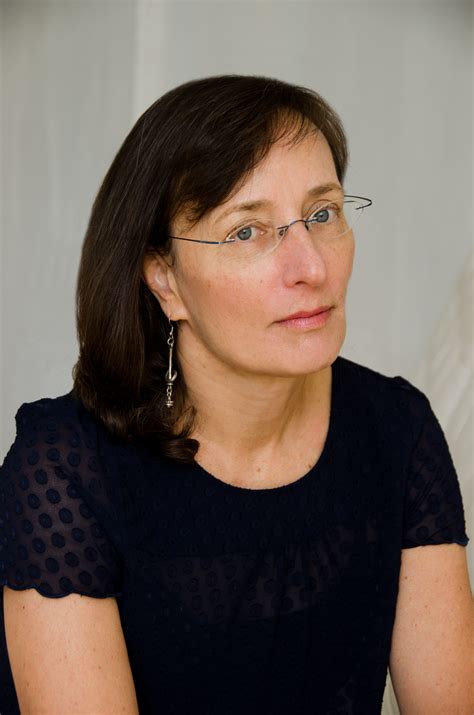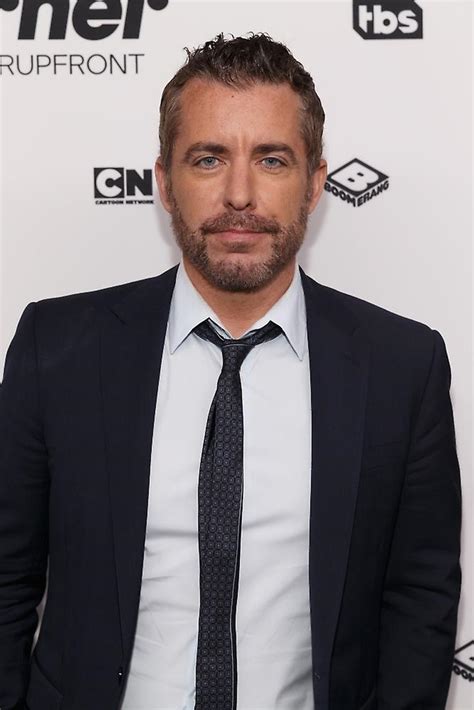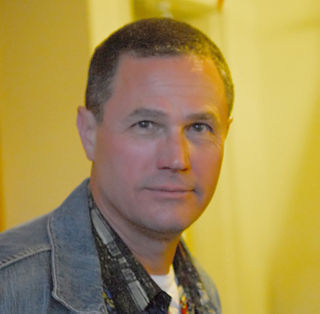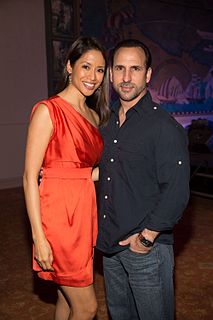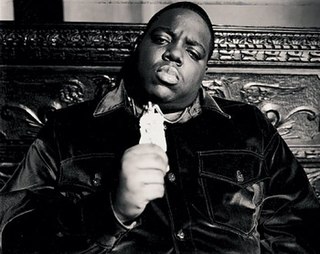A Quote by Julie Schumacher
I had just wanted to be part of a story; I wanted to be a person who had a story to tell.
Related Quotes
Every field piece I did on 'The Daily Show' was a story that lasted five to six minutes. We had a protagonist, we had an antagonist and often put them at odds. We knew the story we wanted to tell before we went in, and often it was about plugging whatever character you have - in this case, a real person - into said part.
The ideas always have to be in service of the story. And that's what Scott and the writers did - they weren't trying to beat you over the head with an idea; they had a story they wanted to tell, and they had ideas, so they used the story as a way of fleshing out the ideas. It all depends on where they want to go with it.
I knew what I wanted to do when I set out. I knew that I wanted to write a book that told the story, obviously. I wanted it be comedy first, because I felt like there already had been childhood druggy stories that were very serious, and I felt that the unique thing here was that I was a comic and I could tell the story with some levity, and I have been laughing at these stories my whole life.
Distances and days existed in themselves then; they all had a story. They were not barriers. If a person wanted to get to the moon, there is a way; it all depended on whether you knew the directions, on whether you knew the story of how others before you had gone. He had believed in the stories for a long time, until the teachers at Indian school taught him not to believe in that kind of "nonsense". But they had been wrong.
The Danger of a Single Story”, which has resonated with me immensely every time I read it. “Power is the ability not just to tell the story of another person, but to make it the definitive story of that person. The Palestinian poet Mourid Barghouti writes that if you want to dispossess a people, the simplest way to do it is to tell their story, and to start with, “secondly.
I had wanted to be a novelist for so long, but I didn't have a story. That story came from the death of my father, and wrestling with how to help my mother. Writing it allowed me to work through my fears, frustrations and desires. I wanted control over the situation. And I wasn't sure I would have any in real life.
I normally don't need any help to put pressure on myself but there was additional pressure because it was a film she always wanted to shoot and I wanted to tell this story as best as possible. When I told my wife that I'd like to direct it, I had already given it a lot of thought and honestly I felt that I was the best person for the job, plus I was cheap.
I had wanted to make this film [Suffragette] for over a decade. There has never been a cinematic rendition of this story. I had not been taught any of the history of the movement at school, and the version I had gleaned had been the Mary Poppins story of women in large hats, petitioning. There was another version.
